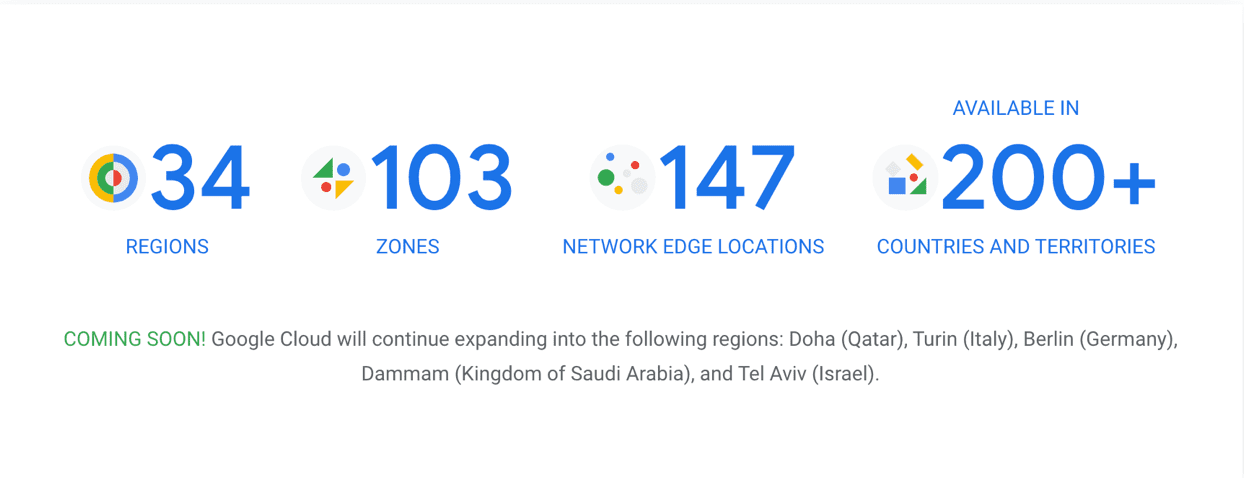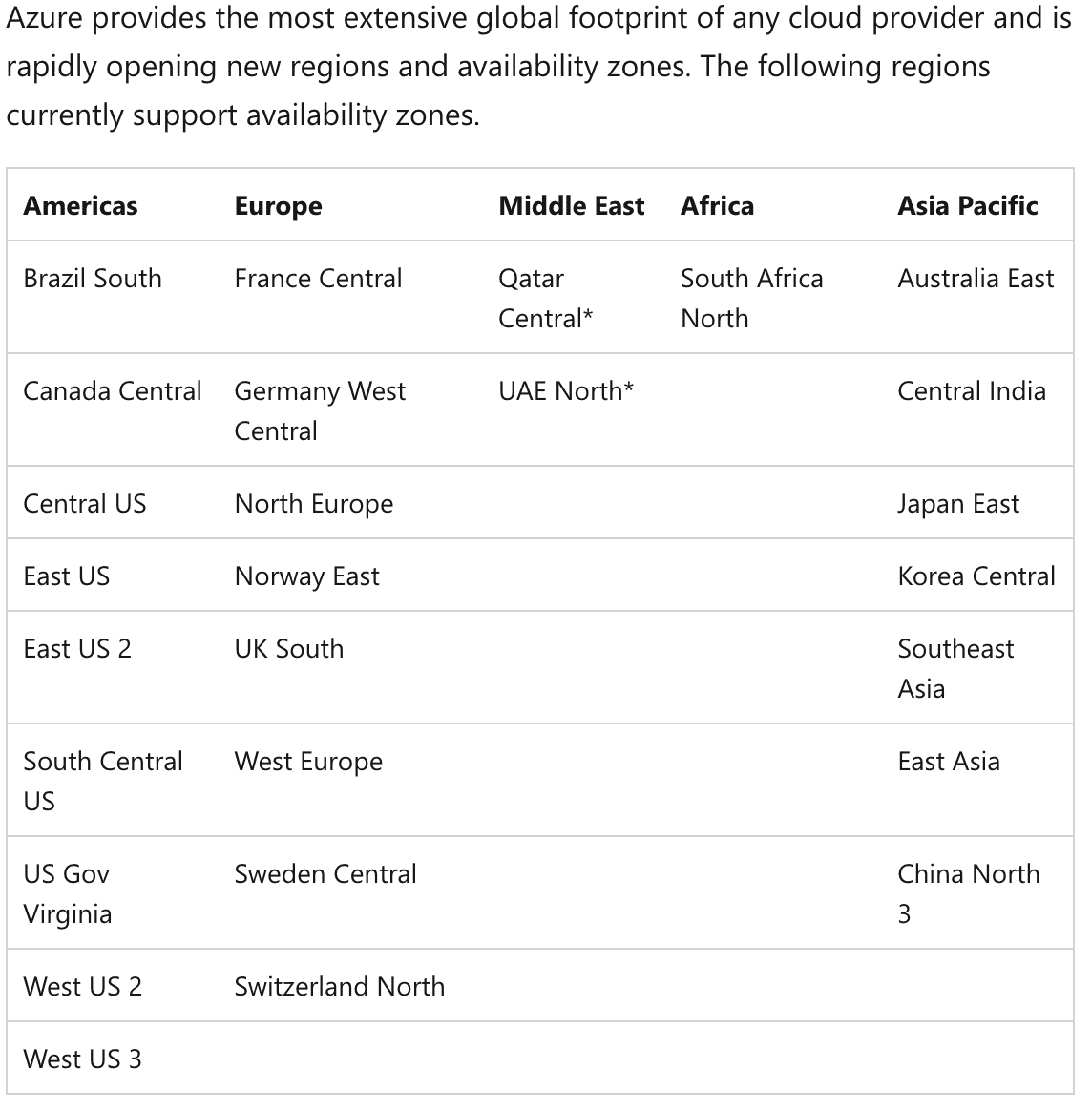
As the major cloud-infrastructure providers invest lavishly in a massive buildout of global availability, that pesky cloud upstart named Oracle appears to have more cloud regions than iconic hyper-scalers Amazon, Microsoft, and Google.
In a comparison that is likely to traumatically discombobulate the “apples versus oranges” wonks, my research of the websites of those four cloud providers turned up the following totals for cloud regions:
Okay — so what?
Well, this has to be viewed from the perspective of an extraordinarily expensive arms race as businesses large and small from all across the globe surge into the cloud. To be able to meet the demands of those new cloud customers, as well as to meet the rapidly escalating needs of existing customers doing business around the world, the big cloud providers need to pepper the globe with full-service cloud availability.
While that availability is described in various ways — data centers, availability zones, availability domains, regions, cloud regions, and more — my research of readily available info from the four companies’ websites showed that “region” seems to be the most commonly used term. (To the potentially outraged “apples versus oranges” brigades out there: if you’ve got better and/or more clear information, please share it with me, I’ll be happy to evaluate it and possibly publish it in an update.)
Also, the growing demand for data sovereignty and the related issues of privacy and security is making it essential for the cloud providers to be able to offer their customers enormous flexibility in determining which regions house what types of data, applications, and other services. Once the bureaucrats get rolling with these types of demands, nothing on heaven or Earth will be able to stem the onslaught of more and more such policies and restrictions and regulations.
So, if anyone thinks this build-out is just a short-term blip, I suggest you think again and be prepared to reverse the field.
Before I share a few graphics from the various websites, a few related thoughts:
- Now, be honest: if you were asked which of the four big cloud-infrastructure providers had the biggest network of cloud regions, how many of you would have said Oracle?
- These numbers are likely to change rapidly, perhaps almost weekly, as the cloud vendors continue to aggressively expand their networks to meet the needs outlined above. So, this is not just a sprint; it’s a sprint blended with a marathon — and woe to the one that chooses to make a pit stop while the others continue at full tilt.
- As the high-speed buildout continues, the types of services available in each region will only grow — so the new regions will need to be more sophisticated, more modern, and more secure than the ones currently in operation.
- As the multi-cloud phenomenon continues to gain momentum, new regions will need to be able to handle those customer-mandated requirements as well.
Just how strategically vital are these ever-expanding networks of regions? Just last month, Microsoft CEO Satya Nadella cited the ongoing Azure buildout near the top of his remarks on the company’s July 26 earnings call.
Said Nadella: “We have more data center regions than any other provider and will launch 10 regions over the next year.”
Now, that statement might be 100% accurate — but it is surely at odds with what is stated very clearly on the Microsoft website on the page cited above and on the Oracle page cited above. Microsoft might say it’s making that claim because it has 3 “availability zones” for every region — and 3 availability zones per region multiplied by 27 regions equals 81 availability zones.
I’m not trying to parse unspoken messages like that. Rather, the point of this piece is to show that if you’re a customer and want to get some idea of the global presence of the four infrastructure providers, then your research across the four companies’ websites will tell you that Oracle has almost 50% more regions than Microsoft.
If I were one of those four companies, I’d put a lot of effort into clarifying what’s what in this big, fast-growing, and highly strategic part of the market. For example, look at this very clear and straightforward graphic offered by Google Cloud, which comes in at #2 on the cloud-region race:

Compare that with this 1977-style graphic from Microsoft showing its global cloud regions:

Note the difference between those two images and the impact of the information conveyed: Microsoft didn’t even mention that it has 27 regions — I had to go through and count those by hand. Plus, Google Cloud’s graphic happily highlights that it has 5 more regions coming soon.
Final Thoughts
We’ve all heard about how business buyers get through 70% of their decision-making process before ever talking to a human being — and that means websites and other digital resources have a huge impact on their early and mid-term thinking.
So, I wonder if these four fabulous companies should reallocate a tiny fraction of the billions they’re spending on their cloud-region buildouts to be able to explain their global capabilities on their websites in clear, unambiguous, and customer-centric language.
Until then, the available numbers show that Larry Ellison and Oracle are out to a commanding lead in the extremely vital battle for global cloud-region supremacy.
Who’da thunk it?
Want to gain more insights from Bob Evans and view cloud-focused content from Cloud Wars Expo? On-demand video from the event is rolling out now, with more than 40 hours of cloud education content — featuring 100-plus speakers — to be made available in the coming days. All content is free to Acceleration Economy subscribers with an on-demand pass.








